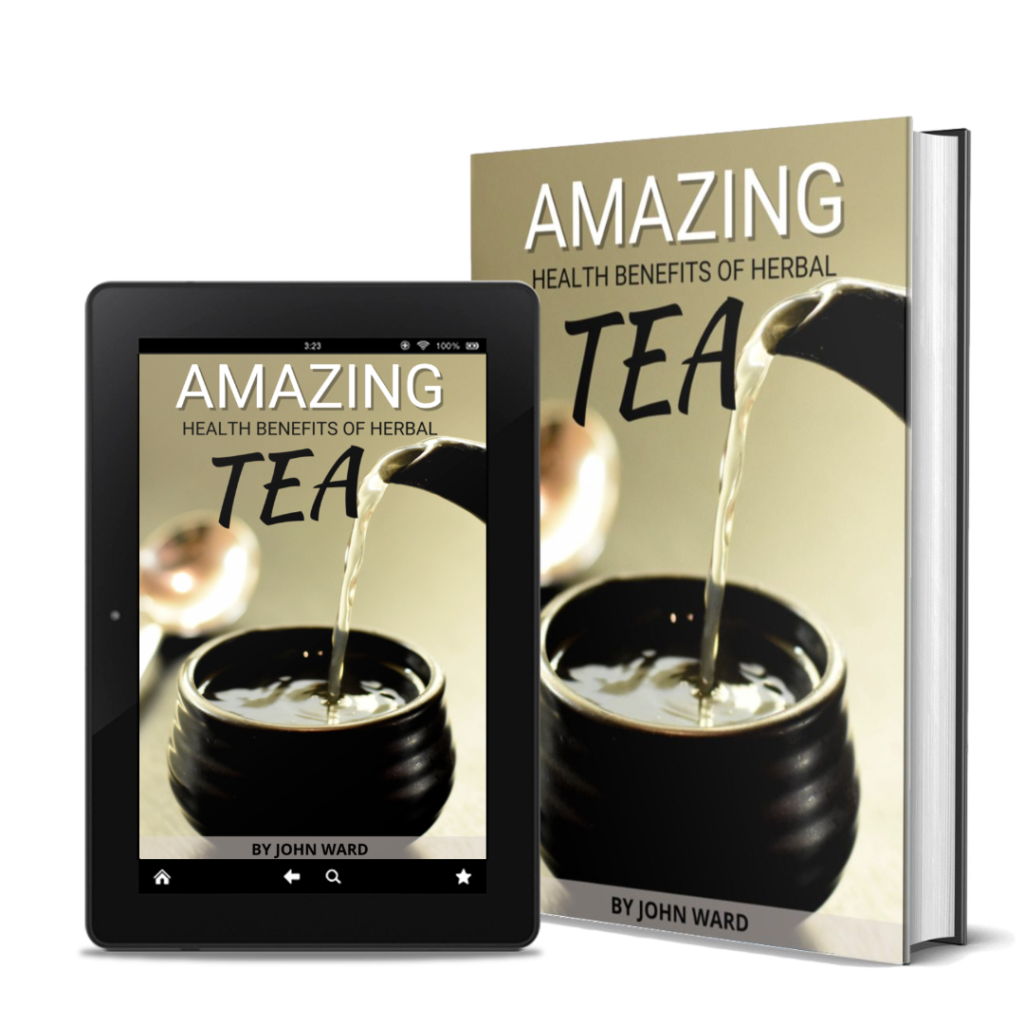Are you a senior living in Edinburgh, looking for a gentle yet effective way to improve your health and well-being? Tai Chi Edinburgh might be the perfect solution for you. This ancient Chinese practice, known for its slow, flowing movements and focus on breath control, has gained popularity among older adults worldwide—and for good reason.
As we age, maintaining physical fitness and mental acuity becomes increasingly important. Tai Chi offers a unique blend of benefits that cater specifically to the needs of seniors:
A study published in the British Journal of Sports Medicine found that Tai Chi significantly reduced the risk of falls in older adults by up to 50% [1]. This statistic alone makes it a compelling option for seniors looking to maintain their independence and quality of life.

If you’re intrigued by the potential benefits of Tai Chi, you might be wondering how to get started. Edinburgh offers a variety of options for seniors interested in exploring this ancient art:
Look for Tai Chi classes in Edinburgh that cater specifically to seniors or beginners. These classes typically move at a slower pace and provide modifications for those with limited mobility.
Many instructors offer Tai Chi for beginners in Edinburgh, which is an excellent way to familiarise yourself with the fundamental principles and movements of Tai Chi.
Opt for loose, comfortable clothing that allows for easy movement. Flat, comfortable shoes with good traction are essential for maintaining balance during practice.
While Tai Chi is generally safe for most seniors, it’s crucial to listen to your body and not push beyond your limits. Always inform your instructor of any health concerns or physical limitations.
Consistency is key in Tai Chi. Even short, daily practice sessions can yield significant benefits over time.
Understanding the rich history and philosophy behind Tai Chi can enhance your practice and appreciation for this ancient art:
Tai Chi, also known as Tai Chi Chuan, originated in China over 700 years ago. It was developed as a martial art but has evolved into a graceful form of exercise that’s often described as “meditation in motion”.
At its heart, Tai Chi is based on the concept of “qi” (pronounced “chee”), which refers to the vital energy that flows through the body. The practice aims to balance this energy and promote harmony between the mind and body.
There are several styles of Tai Chi, each with its own characteristics:
LFA – Lee Style Tai Chi: Enhancing Balance through Mindful Movement
LFA – Lee Style Tai Chi can significantly improve your balance through its unique combination of slow, controlled movements and mindful body awareness. This practice emphasises maintaining a stable centre of gravity while smoothly shifting weight between legs, challenging and enhancing your proprioception – your body’s ability to sense its position in space.
The flowing, circular motions characteristic of Lee Style Tai Chi require constant adjustment of stance and weight distribution, effectively training the small stabiliser muscles in the ankles, legs, and core. Additionally, focusing on proper body alignment and relaxed posture helps correct musculoskeletal imbalances, leading to better overall stability.
Regular practice can lead to improved coordination, reduced risk of falls (especially beneficial for older adults), and increased confidence in physical abilities. The meditative aspect of Lee Style Tai Chi also contributes to balance improvement by cultivating a calm, focused mind, which is crucial for maintaining equilibrium in both static and dynamic situations.
Key Features of LFA – Lee Style Tai Chi:
Many Tai Chi classes in Edinburgh focus on the Yang style due to its accessibility and gentle nature, making it particularly suitable for seniors.

While Tai Chi has been practised for centuries, modern science is now catching up to explain its numerous health benefits:
A systematic review published in the Journal of the American Geriatrics Society found that Tai Chi significantly improved balance and reduced falls in older adults [2]. The slow, deliberate movements in Tai Chi help strengthen the muscles involved in balance and proprioception (the body’s ability to sense its position in space).
Research has shown that regular Tai Chi practice can lead to improvements in cardiovascular health. A study published in the Archives of Internal Medicine found that Tai Chi was nearly as effective as moderate-intensity aerobic exercise in reducing blood pressure in older adults with hypertension [3].
The meditative aspects of Tai Chi, combined with its physical movements, may have positive effects on cognitive function. A meta-analysis published in the Journal of the American Geriatrics Society found that Tai Chi improved cognitive performance in older adults, particularly in the areas of executive function and memory [4].
The focus on deep breathing and mindfulness in Tai Chi has been shown to reduce stress and anxiety. A study in the Journal of Clinical Psychology found that Tai Chi practice was associated with significant reductions in stress, anxiety, and depression symptoms [5].
For seniors dealing with arthritis, Tai Chi can be a gentle yet effective form of exercise. The Arthritis Foundation recommends Tai Chi as a safe and beneficial exercise for people with arthritis, noting its ability to improve flexibility, muscle strength, and balance [6].
While it’s best to learn Tai Chi from a qualified instructor, here are a few basic techniques that seniors can practise at home:
Remember, these are just basic introductions to Tai Chi movements. For a full understanding and to ensure proper form, it’s essential to attend Tai Chi classes in Edinburgh led by experienced instructors.

With the growing popularity of Tai Chi, Edinburgh offers a variety of classes catering to different needs and skill levels. Here are some factors to consider when choosing a class:
Look for instructors who are certified and have experience teaching seniors. Don’t hesitate to ask about their qualifications and teaching philosophy.
Smaller classes often provide more personalised attention, which can be beneficial for beginners and those with specific health concerns.
Choose a class that’s easily accessible, preferably with good public transport links. Some classes may be held in parks or community centres, while others might be in dedicated studios.
As mentioned earlier, different styles of Tai Chi suit different needs. For most seniors, the Yang or Sun styles are often not recommended due to their deeper stances. LFA Tai Chi is shorter stances and a lot more guided towards the health a lot more.
Look for a class that fits comfortably into your routine. Consistency is key in Tai Chi, so choose a time that you can commit to regularly.
Many instructors offer trial classes or introductory sessions. Take advantage of these to get a feel for the teaching style and class atmosphere before committing to a full course.
While attending classes is ideal, practising Tai Chi at home can help reinforce what you’ve learned and allow you to experience the benefits more frequently. Here are some tips for home practice:
Find a quiet, clutter-free area in your home where you can practise without interruptions. Ensure you have enough room to move your arms freely without obstacles.
Try to practise at the same time each day to establish a routine. Even 10-15 minutes of daily practice can be beneficial.
Many Tai Chi Edinburgh instructors offer online classes or video tutorials. These can be excellent supplements to in-person classes.
Remember that breath control is a crucial aspect of Tai Chi. Focus on deep, slow breathing throughout your practice.
Tai Chi is not about perfection or speed. Take your time to learn and perfect each movement, and don’t be discouraged if progress seems slow.
Always respect your body’s limits. If a movement causes pain or discomfort, stop and consult your instructor or healthcare provider.
While Tai Chi offers numerous benefits on its own, it can also complement other activities and lifestyle changes:
Combining a regular walking routine with Tai Chi can enhance overall fitness and balance. The mindfulness practised in Tai Chi can make your walks more meditative and enjoyable.
Light strength training exercises can complement Tai Chi by further improving muscle strength and bone density. Always consult with a fitness professional or your doctor before starting a new exercise routine.
The meditative aspects of Tai Chi can be extended into other areas of your life. Consider incorporating additional mindfulness practices or seated meditation into your daily routine.
A balanced diet rich in fruits, vegetables, whole grains, and lean proteins can enhance the health benefits of Tai Chi. Consider consulting a nutritionist for personalised dietary advice.
The social aspect of Tai Chi classes in Edinburgh can be extended to other areas of your life. Consider joining other community groups or activities to further enhance your social connections.
It’s natural to have some reservations about starting a new physical practice, especially in later life. Here are some common concerns and how to address them:
Tai Chi is adaptable to all levels of flexibility. The practice itself will help improve your flexibility over time.
Many seniors start Tai Chi specifically to improve their balance. Classes can be adapted to use chairs for support if needed.
Always consult your doctor before starting any new exercise regimen. Many health conditions can actually benefit from the gentle movements of Tai Chi, but it’s important to get medical clearance first.
It’s never too late to start Tai Chi. Many people begin in their 70s, 80s, or even 90s and experience significant benefits.
Learning Tai Chi is a gradual process. Don’t worry about memorising everything at once. Regular practice will help the movements become more natural over time.
As the popularity of Tai Chi continues to grow, we can expect to see more opportunities for seniors to engage with this beneficial practice:
Some healthcare providers are beginning to recognise the benefits of Tai Chi and may start recommending it as part of overall health and wellness plans for seniors.
We may see more Tai Chi programs specifically designed for certain health conditions or age groups, making it even more accessible and beneficial for seniors.
Virtual reality and mobile apps may provide new ways to learn and practise Tai Chi, potentially making it more accessible to those unable to attend in-person classes.
Ongoing research into the benefits of Tai Chi may uncover even more reasons for seniors to adopt this practice, potentially leading to wider adoption and support.
Embarking on a Tai Chi journey can be a transformative experience for seniors in Edinburgh. From improved physical health to enhanced mental well-being and social connections, the benefits of this ancient practice are numerous and well-documented.
Remember, Tai Chi is not about perfection or competition. It’s a personal journey of discovery, balance, and harmony. Whether you’re looking to improve your balance, reduce stress, or simply try something new, Tai Chi Edinburgh offers a welcoming community and expert instruction to guide you on your path.
So why not take that first step? Look for Tai Chi classes in Edinburgh that cater to seniors or beginners. Your body and mind will thank you for it. And who knows? You might just discover a new passion that brings joy, health, and serenity to your golden years.
Remember, in Tai Chi, as in life, the journey is just as important as the destination. Embrace the process, stay patient, and most importantly, enjoy the ride. Your Tai Chi adventure in Edinburgh awaits!


Our complimentary herbal tea book and newsletter are here to assist you! Discover the power of herbal healing and learn how to make delicious and nutritious herbal teas to improve your physical and mental well-being.
Plus, our newsletter will keep you up-to-date on the latest health trends and provide you with tips on how to make the most of them for your health. Sign up now and get a taste of wellness with our FREE herbal tea book and newsletter.
